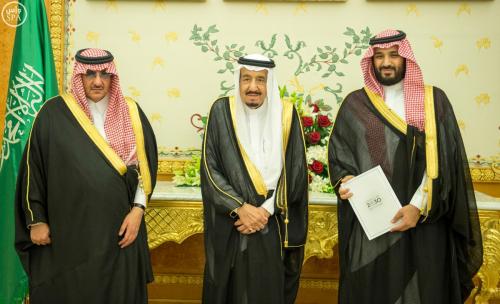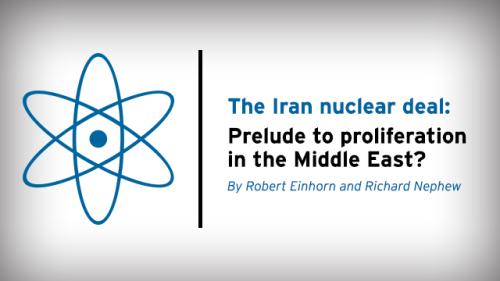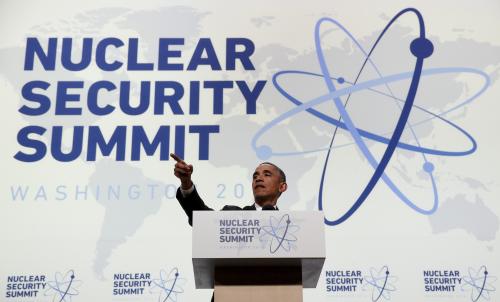

1:30 pm EDT - 3:30 pm EDT
Past Event
1:30 pm - 3:30 pm EDT
1775 Massachusetts Ave., NW
Washington, DC
At the third Nuclear Security Summit in The Hague, beginning March 24, world leaders will announce new initiatives to secure or eliminate stocks of plutonium and highly-enriched uranium, key building blocks of nuclear weapons that could be stolen by terrorists. But some nations are still producing these materials or plan to begin doing so on an industrial scale.
Japan’s government has just announced a Basic Energy Plan that renews the country’s commitment to plutonium as a fuel for nuclear reactors. The centerpiece of that effort, the Rokkasho Nuclear Fuel Reprocessing Facility, is set to open as early as October 2014 as one of the world’s largest plutonium production installations. The size and suitability of the facility have raised concerns, not only within Japan but in the region and in Washington. What is the status of the policy debate over Japan’s nuclear energy policy, including the Rokkasho plant? Why has Japan’s government chosen to proceed with the plant’s construction and operation? How does the Japanese government plan to deal with the plutonium produced in the plant? And how will Japan’s nuclear energy policy, and especially the operation of Rokkasho, impact efforts to secure and eliminate nuclear materials?
On March 14, the Brookings Institution, the Stanley Foundation and the Center for Public Integrity hosted a panel to discuss these issues. Brookings Senior Fellow Robert Einhorn, former special advisor to Secretary of State Hillary Clinton, served as moderator. Panelists included Douglas Birch, senior national security reporter for the Center for Public Integrity; R. Jeffrey Smith, managing editor for national security at the Center for Public Integrity; Matthew Bunn, a principal investigator at the Kennedy School’s Project on Managing the Atom, Harvard University; and Ambassador Nobuyasu Abe, director for the Center for the Promotion of Disarmament and Non-Proliferation and former U.N. undersecretary-general for disarmament affairs.

Robert Einhorn
June 2, 2016

Robert Einhorn, Richard Nephew
May 31, 2016

Leore Ben-Chorin, Steven Pifer
April 4, 2016